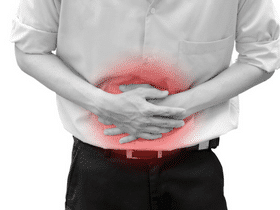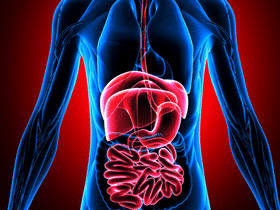An Overview of Crohn’s and Colitis
Crohn’s disease and ulcerative colitis, collectively known as inflammatory bowel diseases (IBD), are chronic conditions that affect the gastrointestinal tract. These conditions can cause inflammation, amongst a range of uncomfortable symptoms. While both conditions share similarities, they also exhibit distinct characteristics. Crohn’s disease can affect any part of the digestive tract, causing inflammation in patches, often deep within the








